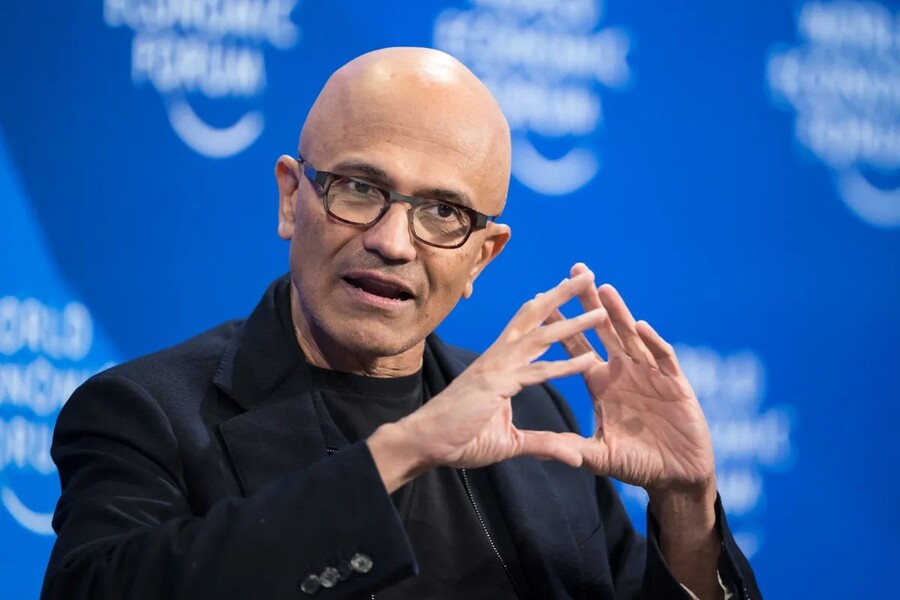OpenAI has secured a significant U.S. Department of Defense (DoD) contract worth up to $200 million, a move that not only deepens the company’s foray into government work but also puts it on a potential collision course with longtime partner and top investor Microsoft.
Announced Monday, the deal enables OpenAI to collaborate directly with the DoD to identify and build prototype systems using its advanced “frontier models,” such as GPT-4 and other cutting-edge artificial intelligence technologies. These systems aim to improve the efficiency of administrative processes, enhance cybersecurity readiness, and offer support services for military personnel, including healthcare access and program data consolidation.
The DoD described the initiative in a more security-focused tone, stating that the AI capabilities will be used to address “critical national security challenges in both warfighting and enterprise domains.” Whether the “warfighting” mention implies direct military applications or merely logistical and back-office support remains unclear. OpenAI’s public usage guidelines prohibit the development of weapons using its models, but the company controversially removed explicit bans on military and warfare applications from its terms of service in January 2024.
A Strategic Pivot Toward Government
The contract is part of a broader OpenAI initiative called “OpenAI for Government,” a new division that consolidates the company’s growing list of federal clients, including the National Laboratories, NASA, NIH, Treasury, and the Air Force Research Laboratory. It underscores OpenAI’s intent to move beyond consumer-facing tools like ChatGPT and into mission-critical infrastructure roles within U.S. agencies.
By entering this space directly, OpenAI is carving out territory that has traditionally been dominated by its close ally, Microsoft, particularly in defense and secure cloud operations.
Microsoft: Friend, Investor, and Now Potential Competitor?
Microsoft has long been a foundational supporter of OpenAI, investing over $13 billion and integrating the company’s models into its Azure OpenAI Service. It also holds a non-voting board seat at OpenAI and was recently approved by the DoD to provide OpenAI’s technology across all classified levels via its cloud platform.
However, this new contract allows the Pentagon to bypass Microsoft’s cloud infrastructure and work directly with OpenAI, a development that could signal friction between the two tech giants. For Microsoft, which has thousands of government contracts and has spent years meeting federal security requirements, OpenAI’s direct DoD access could be perceived as an encroachment into its core public sector territory.
Neither company offered comments on the matter, leaving analysts to speculate on the evolving dynamics of their relationship.
AI and the Global Arms Race
The timing of the deal is also significant given mounting concerns over the global AI arms race, particularly between the United States and China. Prominent Silicon Valley figures, including Marc Andreessen, an OpenAI investor, have publicly warned that Chinese large language models (LLMs) pose a national security threat. On the “Uncapped” podcast hosted by Jack Altman (brother of OpenAI CEO Sam Altman), Andreessen compared the competition to a “cold war.”
The DoD’s decision to partner directly with OpenAI can be seen as a proactive step to secure U.S. leadership in AI and ensure the federal government remains ahead of adversarial developments.
What’s Next?
This deal raises key questions about how AI will be integrated into national security strategies, especially given the delicate ethical balance around military use. It also intensifies scrutiny over OpenAI’s evolving role, transitioning from a public-facing AI provider to a major player in defense and public infrastructure.
Meanwhile, the implications for Microsoft — OpenAI’s primary commercial distribution partner — remain unresolved. As OpenAI flexes its independence and builds direct relationships with the U.S. government, observers will be watching to see if Microsoft’s influence wanes or if the companies manage to redefine their collaboration in a way that supports both their ambitions.
Bottom Line:
The $200 million contract marks a pivotal moment in OpenAI’s evolution — from a Microsoft-dependent AI lab to a government contractor shaping national defense capabilities. It also sets the stage for future tensions between the two partners as both vie for influence over the rapidly expanding role of AI in global security.


